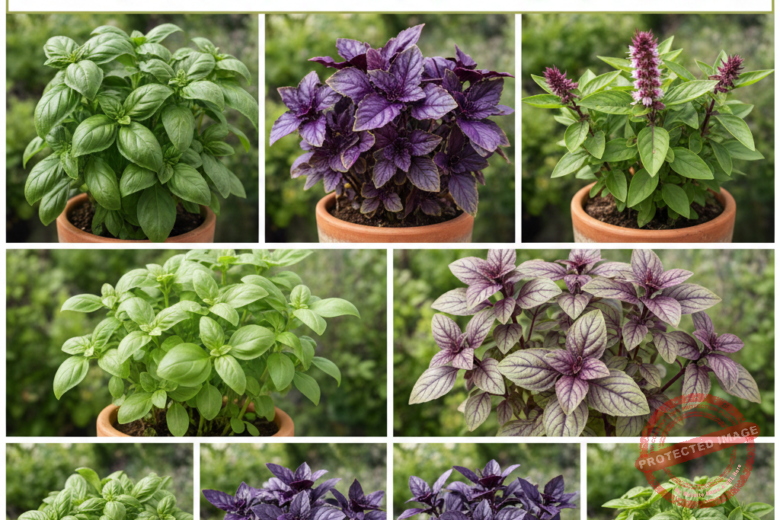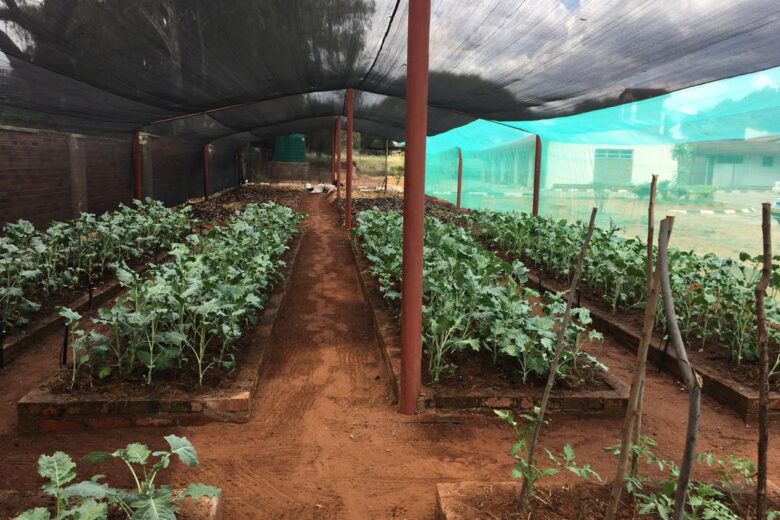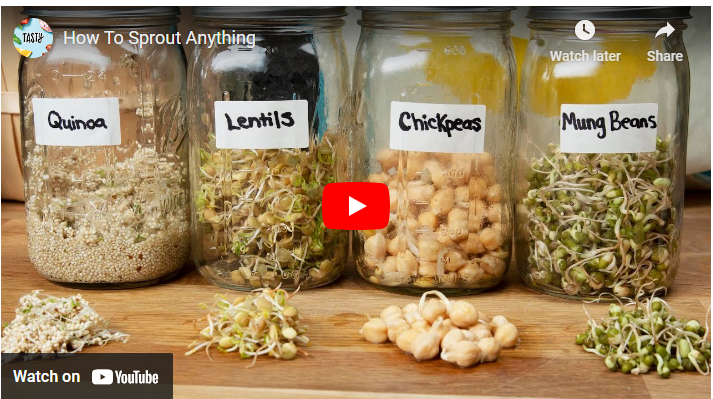How to Grow beans in Ghana- In Ghana, you may establish a profitable bean-farming business right in your own garden. There are numerous phases involved in bean farming, all of which will be discussed in this article.
This content is based on my experience as a farmer who has been on the field for over 8 years couple with helping new farmers get headways in the farming ecosystem.
To start beans farming in Ghana, you need to get good farmland, you’ll need to clear and burn shrubs on the land, acquire a good hybrid variety of beans to plant, start nursing the seed, then plant and control weeds and pests on the farm to begin growing beans in Ghana.
There are many advantages to growing beans in Ghana, including the fact that they are a good source of protein and that demand for them is always strong.
So, here’s a quick tutorial on how to get started growing beans in Ghana.
How To Grow Beans In Ghana Step By Step
You can cook beans in many different ways, from boiling them to deep-frying them to baking them. In addition to their nutritional and economical value, beans are farmed for a variety of other reasons. Now, let’s talk about the entire process of planting beans.
Step 1: Get Farmland with quality soil
Your Farmland is the first thing you need to set up if you want to be a farmer. Farmland is one of the most important considerations while growing beans. The following are things to keep in mind when looking for acreage in Ghana to cultivate beans:
Fertility of the soil
Organic matter and well-drained, healthy soil are essential for beans to thrive. At lower elevations, the growth and maturation of bean plants are also faster.
Read Also: How To Start Hot Pepper Farming In Ghana [Beginners Guide]
Climate Change.
During the blooming period, beans require a steady supply of rain, but the seasons should be selected carefully to avoid too much rain falling. Frost must be avoided if you want your beans to grow properly.
Step 2: Land Preparation
It is in a well plowed and cleaned soil, that the seeds of bean plants can germinate and grow very well.
Begin by removing any bushes and shrubs that could hinder your ability to cultivate your field in an efficient manner.
Step 3: Get Quality Beans Seed
Selecting high-quality seeds is vital if you want to avoid low-quality harvests. When buying seeds, look for ones that are not cracked, diseased, or otherwise compromised.
When purchasing beans seed, it is generally advisable to get them from a well-known agro store that provides high-quality agricultural products. Let us know in the comments if you need recommendations for the finest places to buy agricultural products in Ghana.
Read Also: How To Start Growing Onions In Ghana [Beginners Guide]
Ghana’s Bean Seed Variety
Following are the most frequent beans seeds in Ghana and the surroundings;
- Ennepa
- Nsroma
- Semanhyia
Step 4: Planting
The greatest time to plant beans is at the beginning of the rains. In the event that your field has been appropriately harrowed, you may want to consider digging little holes one to two inches deep and 30 to 15 centimeters apart.
Consider a 50cm space between rows to make it easy to manage. Plant one to two seedlings in each hole after adding farmyard or DAP fertilizer. Soil should be lightly smothered. Care must be taken when intercropping with a maize field.
Step 5: Start the Fertilizer application
Beans are one of the easiest plants to grow, but conventional farming methods can help you keep an eye on your bean yield and make sure it’s as high as possible.
It is possible to begin CAN or manure application to increase the soil’s quality in moderation. Oversupply or deficiency of nutrients can affect beans.
Step 6: Weeding and maintenance
Unwanted plants in the area where your beans were grown need to be eradicated in this stage. You can make sure your beans grow to their greatest potential by performing regular pest and disease inspections.
Insects may attack beans, requiring the use of pesticides to protect the crop.
If you follow these rules, your beans will develop fast and joyfully within a few weeks, and you might even see blooms emerging.
Step 7: Beans Maturation And Harvesting
The time it takes for your beans to turn yellow and be ready for harvest might range from 80 to 120 days (2-4 months) depending on the bean variety and the surrounding conditions.
When the pods turn yellow or brown and the seeds begin to fall out, the beans are ready for harvest.
When it comes to keeping your beans, you now have the option of either drying them or harvesting them while they are still green.
In most cases, the beans are harvested by removing the entire plant, drying it in the sun for a few days, and then breaking the pod. When the pods have matured, they can be used to produce food for animals or manure.
Step 8: Beans Storage
Once insecticides have been applied, the beans are bagged and either kept for later use or shipped directly to the market.
Step 9: Selling and Marketing of beans
Once the beans have been harvested and kept in bags, they are now ready to be sold. It is possible to buy beans in kilograms or debes for small-scale traders.
Beans can be harvested from an acre of land in 90 days, resulting in up to 20 bags of 90-kilogram beans, with each bag costing as much as 4500 Ghanaian Cedis. What is the profitability of cane farming in Ghana, then?
Schools, institutions, fast food restaurants (such as Burger King and Wendy’s), hotels, and open marketplaces are all good places to sell beans in Ghana.
Beans Production In Ghana Pdf
Here is a pdf guide to aid you in your beans farming business in Ghana. You can watch the video below to aid you as well.
How many bags of beans do you get per acre In Ghana?
All things being equal, you should get at least 12 bags of beans in an acre of farmland.
Which month is best for bean planting In Ghana?
The best month for planting beans in Ghana is between April and March, or towards the period rain is going, September and December.
How many days does it take beans to grow?
Beans are ready to be harvested when they are about 120 days old.
Conclusion
One of the fastest-growing crop cultivation businesses is Beans Farming, yet most farmers aren’t involved in this endeavor. You can join the ranks of today’s bean growers by getting into this line of work. Let us know your thoughts in the section provided below.




Is it proper to intercropping beans with cassava?
It is not an ideal practice, beans will much up the surface of the heap when the cassava is still growing, and when the cassava has grown up to 1m,the cassava may prevent the beans from getting enough sunlight by shading the ground. So, do not practice planting beans with cassava
Thanks very much for the education.
please which variety of beans is the best to plant towards this time( Nov – Dec)?
Beans have different varieties, it is best advised is to check in any agro Alie shops closer to you, they will ask for your soil type and recommend the best beans varieties for planting.
But usually, this is the best planting season of any beans varieties. Beans requires a warm temperatures to grow well.
Very interested in beans farming. Please email me detail info on the processes I have to go through
This is the steps you have to go through that has been discussed in this content, if you need additional guide or areas of clarification, you may ask via the comment section here, we are always available to provide an answer to your questions.